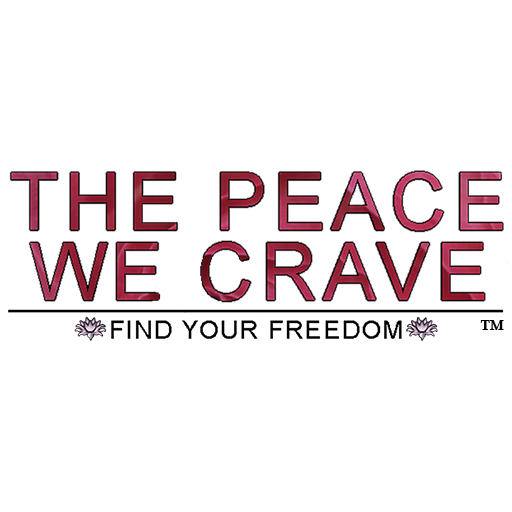Daily Routines That Support Long-Term Sobriety
In early recovery—and even years down the road—routine can be a lifesaver. A daily structure helps us to reduce uncertainty, manage emotions, and build habits that strengthen sobriety. Creating intentional daily routines helps to anchor you in healing and growth, which builds resiliency in recovery.
The Power of Structure
Research consistently shows that individuals in recovery who establish daily routines are less likely to relapse (Moos & Moos, 2006). Structure reduces decision fatigue, lowers stress, and increases the sense of purpose—three important pillars of resilience in sobriety.
Morning routines set the tone for the day. Even simple practices like waking up at a consistent time, making your bed, and practicing five minutes of meditation can shift your mindset into one of empowerment.
Key Elements of a Sobriety-Supporting Routine
Mindfulness Practice: Daily meditation or breathwork enhances emotional regulation and decreases cravings (Garland et al., 2010). Even five minutes each morning and evening can significantly impact your resilience.
Movement: Regular physical activity helps reduce anxiety, depression, and substance cravings. A study published in Mental Health and Physical Activity highlights that even moderate movement like walking improves mood and cognitive functioning in recovery (Roessler, 2010).
Connection Rituals: Recovery thrives in community. Build daily or weekly rituals of connecting—whether it's checking in with a sponsor, attending a meeting, or reaching out to a sober friend.
Evening Reflection: Ending your day with gratitude journaling or a simple reflection practice helps reinforce positive behaviors and correct missteps with compassion, not judgment.
Adapting to Changes in Life
No routine is rigid. Life will present surprises, and part of building resilience is allowing your routine to flex when needed. What matters most is not perfection, but the consistent return to practices that support your well-being.
Over time, your routines become the scaffolding that holds up your new life in sobriety. They aren’t just habits; they’re commitments to yourself—a daily reaffirmation of your healing journey!
Need support to build a routine in sobriety? Let’s chat!
References
Moos, R. H., & Moos, B. S. (2006). Rates and Predictors of Relapse After Natural and Treated Remission From Alcohol Use Disorders. Addiction.
Garland, E. L., Gaylord, S. A., Boettiger, C. A., & Howard, M. O. (2010). Mindfulness Training Modifies Cognitive, Affective, and Physiological Mechanisms Implicated in Alcohol Dependence: Results of a Randomized Controlled Pilot Trial. Journal of Psychoactive Drugs.
Roessler, K. K. (2010). Exercise Treatment for Drug Abuse—A Danish Pilot Study. Mental Health and Physical Activity.
SAMHSA (Substance Abuse and Mental Health Services Administration). (2015). Recovery and Recovery Support.
Tanya D. is a Usui/Holy Fire® III Karuna Reiki® Master, Pranic Healer, Meditation Instructor, Holistic Recovery Coach and SHE RECOVERS® Coach. Find her @thepeacewecrave on Facebook/Instagram and at www.thepeacewecrave.com for all things recovery, energy, meditation, healing, and peace. Contact her at tanyad@thepeacewecrave.com.


